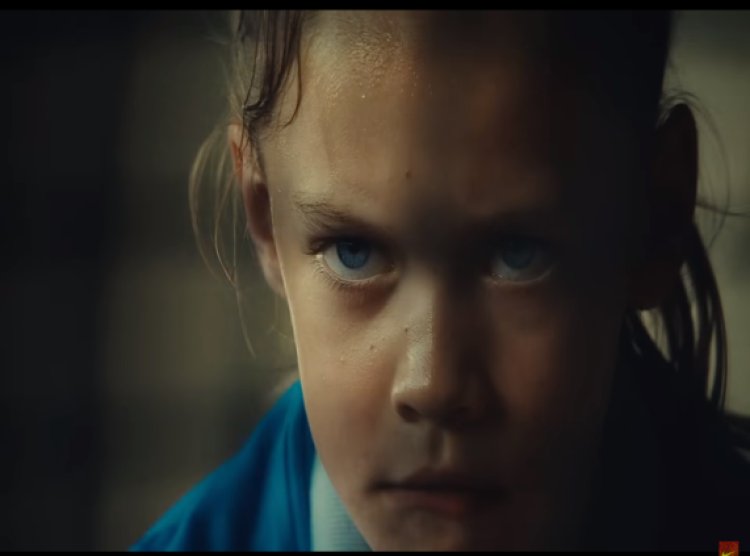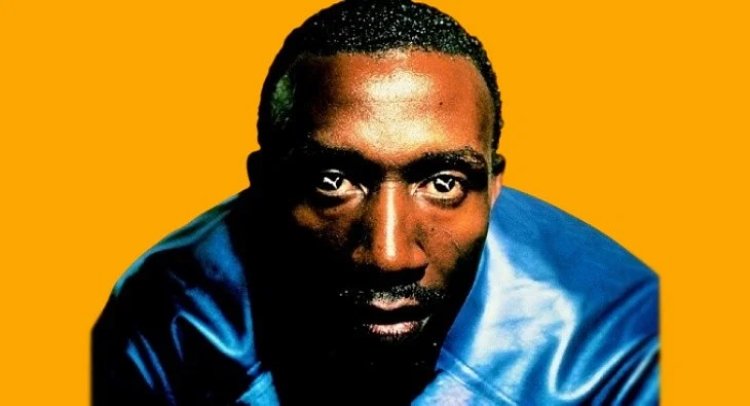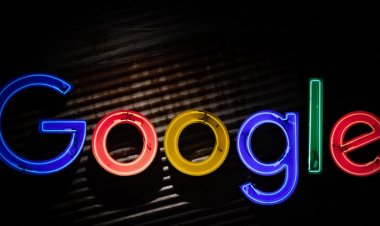Olympic Campaigns that Sparked Controversy: Moments of Questionable Sportsmanship
From Adidas' recent Bella Hadid controversy to Nike's ambush marketing in the 1980s, these Olympic campaigns gained attention for the wrong reasons

In the run-up to the 2024 Paris Olympics, Adidas found itself in hot water with a controversial marketing campaign. The brand recently launched its retro-inspired SL 72 shoes, featuring American supermodel Bella Hadid, and alluded to the 1972 Munich Olympics.
During the 1972 games, eleven members of the Israeli delegation were killed by Palestinian terrorists. Hadid, being of Palestinian descent, has often been vocally critical of Israel's actions in Palestine. The choice of the model did not go down well with the state of Israel, which accused Hadid of "spreading antisemitism" on the social media platform X.
.@Adidas recently launched a new campaign for their shoes to highlight the 1972 Munich Olympics.
— Israel ישראל (@Israel) July 18, 2024
Eleven Israelis were murdered by Palestinian terrorists during the Munich Olympics.
Guess who the face of their campaign is? Bella Hadid, a half-Palestinian model who has a history… pic.twitter.com/IgdGq2OLmd
In response to the backlash, Adidas pulled the ad and apologized to those offended. Subsequently, reports emerged that Hadid was considering suing Adidas, claiming she was unaware of the campaign's context. Adidas then issued an apology to Hadid as well.
Controversial Olympic marketing campaigns are not new. Nike's recent ad for the Paris Olympics with the tagline "Winning Isn’t For Everyone" featured a Chinese athlete licking a table tennis paddle, which sparked outrage on Chinese social media, accusing the ad of disrespect and racial insensitivity. The controversy led to boycott calls against Nike in China.
Nike: 1996 Atlanta
Nike is known for its ambush marketing during the Olympics. In 1984, its ads with the theme song "I Love LA" led many to believe it was the official sportswear brand of the event, which was actually Converse. In the 1992 Barcelona games, Nike sponsored the gold-winning U.S. basketball team, overshadowing official sponsor Reebok. In the 1996 Atlanta Olympics, Michael Johnson's gold Nike shoes drew attention away from Reebok. Nike's tactics contributed to the IOC's stricter advertising rules, including Rule 40, which limits athletes' commercial activities.
Puma: Atlanta 1996

Reebok faced another challenge in the 1996 Atlanta Games when Puma had British sprinter Linford Christie wear lenses with the panther logo during a press conference. This move led the IOC to ban certain accessories.
Reebok: Barcelona 1992
Reebok's "Dan and Dave" campaign for the 1992 Barcelona Olympics ended in disappointment when decathlete Dan O’Brien failed to qualify. The campaign had pitted him against Dave Johnson, who only won a bronze medal. Reebok aired a final ad showing Dan supporting Dave, but the campaign did not achieve its intended impact.
Coca-Cola and others: Beijing 2022 and 2008
Coca-Cola faced criticism for continuing its sponsorship during the Beijing 2022 Winter Olympics amid calls for boycotts over human rights issues in China. The company had previously faced similar criticism during the 2008 Beijing Olympics.
Toyota: Tokyo 2020
In the Tokyo 2020 Games, held in 2021 due to the pandemic, several Japanese sponsors, including Toyota, chose not to air commercials due to public concern over the event becoming a COVID-19 superspreader. Toyota, an Olympic sponsor since 2015, hinted at ending its sponsorship after 2024, citing dissatisfaction with the IOC's use of funds.
While the Olympics are a platform for showcasing athletic excellence, these controversies highlight the challenges brands face in navigating the fine line between marketing and respect for the event's integrity. The hope remains that the spirit of the games continues to shine through amidst commercial interests.

 Sumit Rawat
Sumit Rawat 










